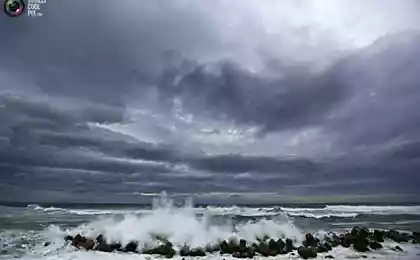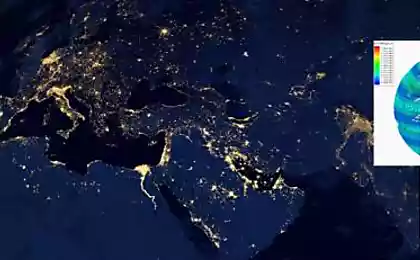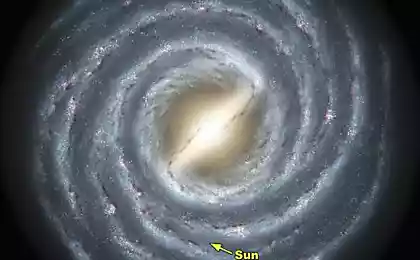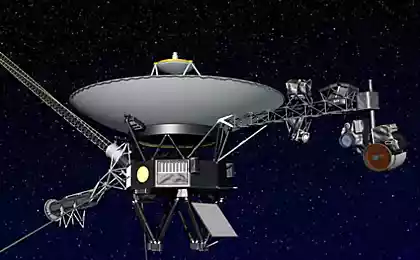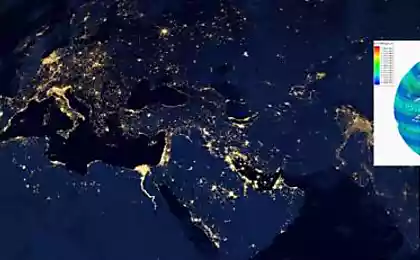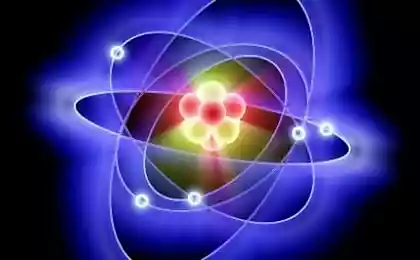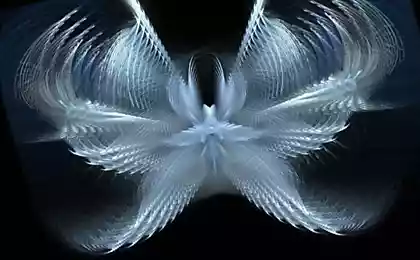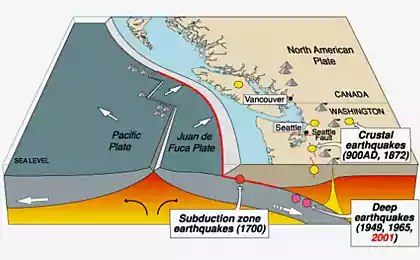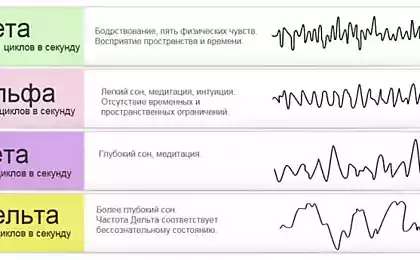913
Voyager 1 is on the crest of a wave of interstellar "tsunami"

It seems that Voyager 1 is still suffering from the impact of the "cosmic tsunami", first recorded unit in February this year. Vibration interstellar particles can услышать here (this video with explanations of this phenomenon from NASA).
Most people believe that interstellar space quietly, here empty and quiet. About quietly, bearing in mind - yes, that sound in a vacuum does not apply, as we know. But it is not easy, it's quite a long time, scientists realized, a reading tool for the study of plasma mounted on Voyager 1.
Increased activity of the particles surrounding the Voyager 1 has helped scientists understand that the device has left the solar system. In the past year, experts studying the data provided by the device, saw that Voyager 1 was subjected to the indirect influence of the solar flare that occurred in April 2012. Discarded luminary unit particles caught between April and continued to affect up to May 2013. This "wave" intensified particles surrounding the spacecraft, and the frequency of vibration of particles recorded by scientists, helped to evaluate the "density" of interstellar space.
As it turned out, the actual density of the particles surrounding the Voyager 1, 40 times higher than estimated. This allowed the scientists to conclude that the unit is outside the influence of the magnetic field of the heliosphere, that is, Voyager 1 has left the solar system.
Voyager 1 recorded the strongest activity interstellar particles in February this year. Activity, as can be judged, does not fall now. Researchers still do not understand how rapidly spreading "wave" and how big the region is under its influence. Now experts are trying to understand what scientific benefit can be derived from the study of these "waves". It is already clear that the plasma density increases with advancing unit.
And now to be seen - whether the distance from the heliosphere plasma density in interstellar space will grow, whether it manifests itself above-mentioned "wave".
Source: geektimes.ru/post/243449/
What is hidden under the ice of the South Pole?
The search for an inexpensive replacement SSD elderly





